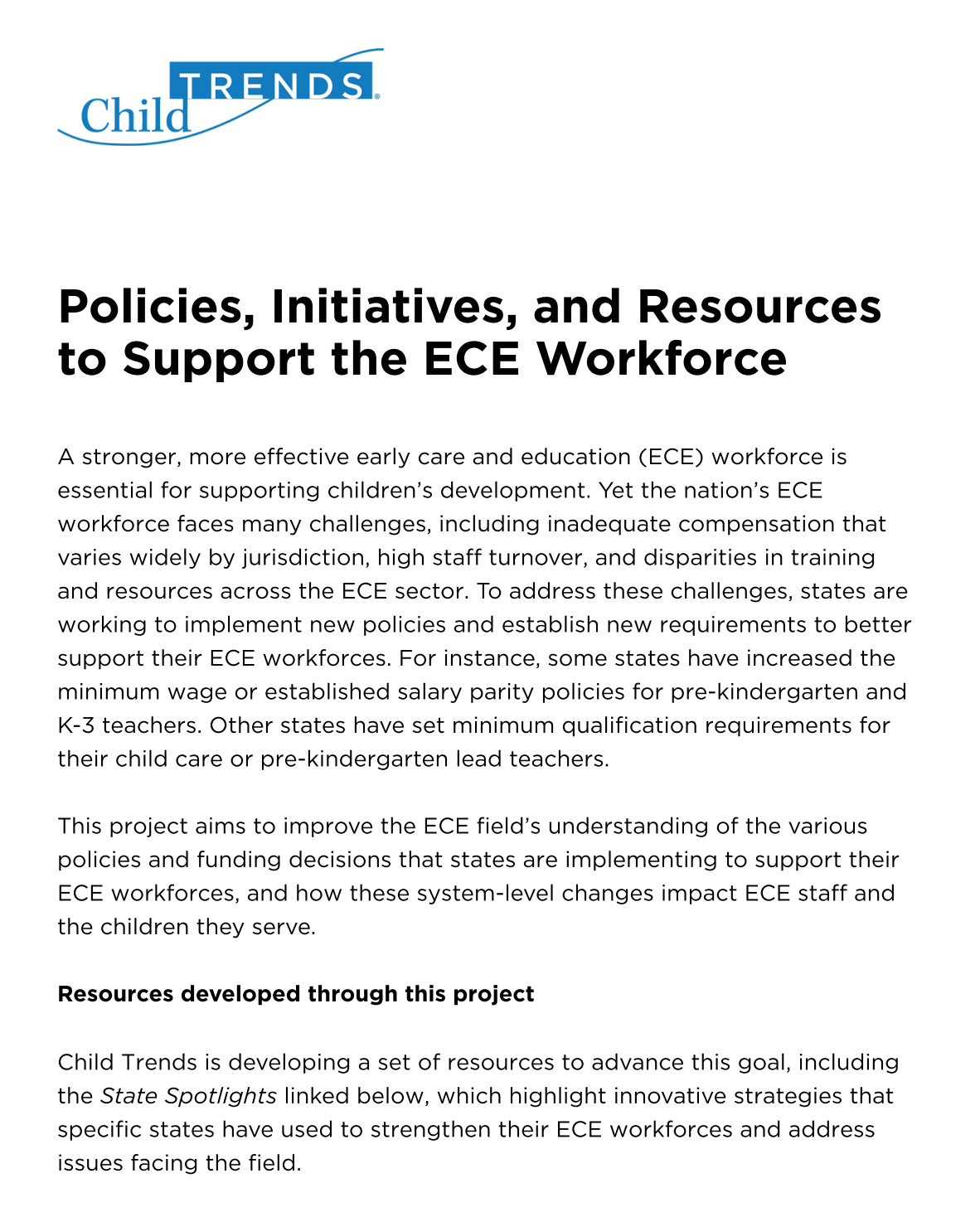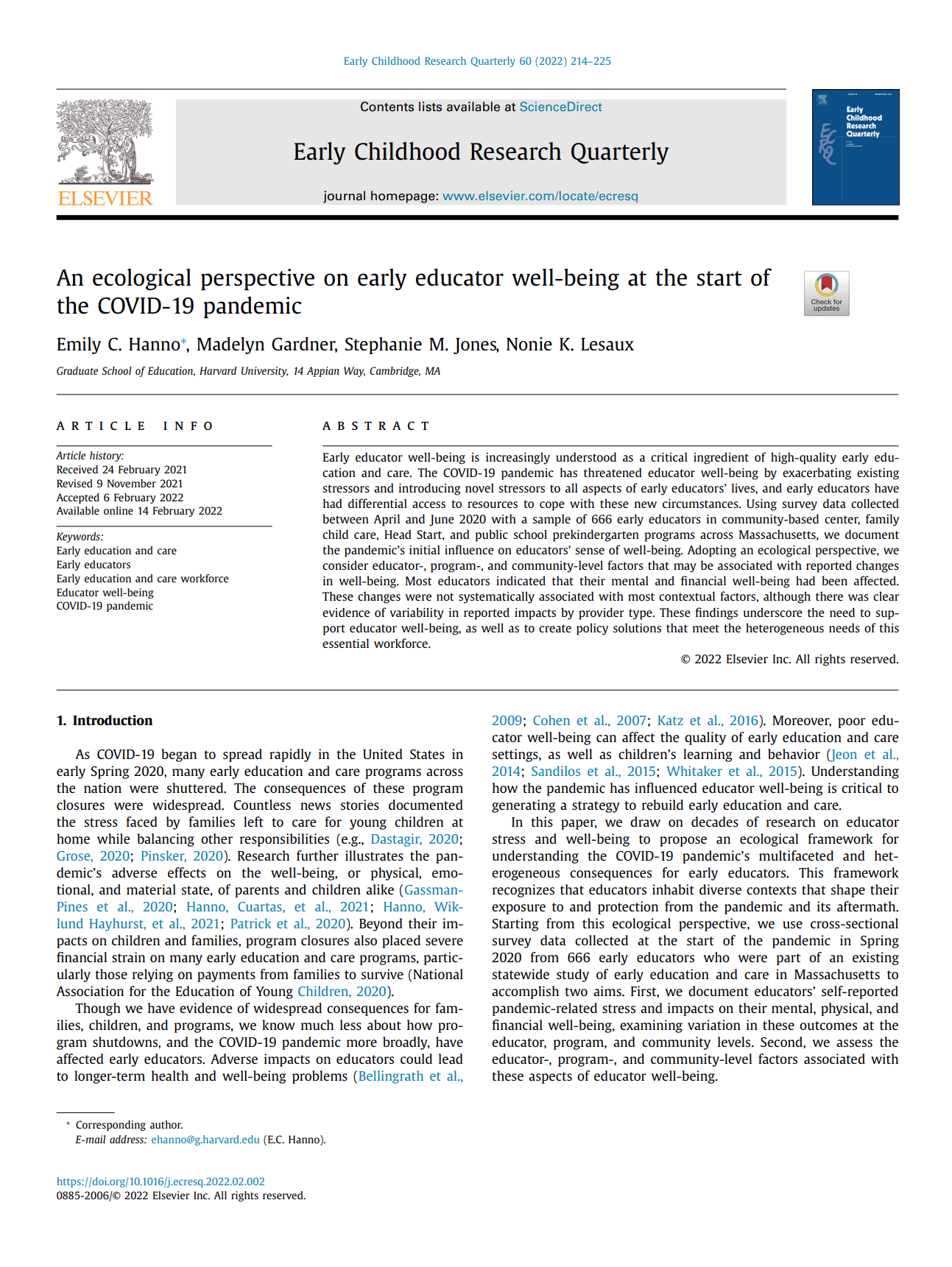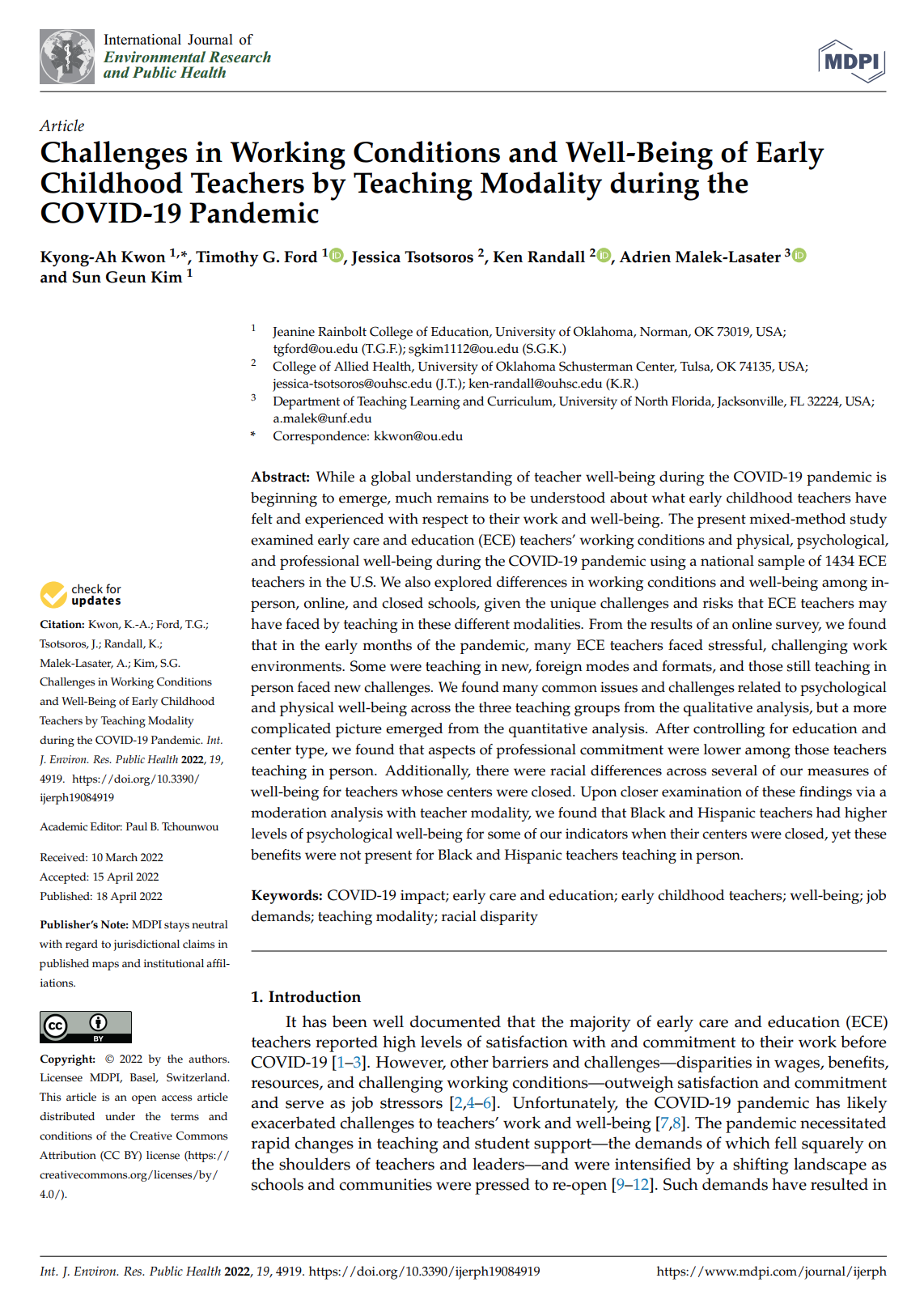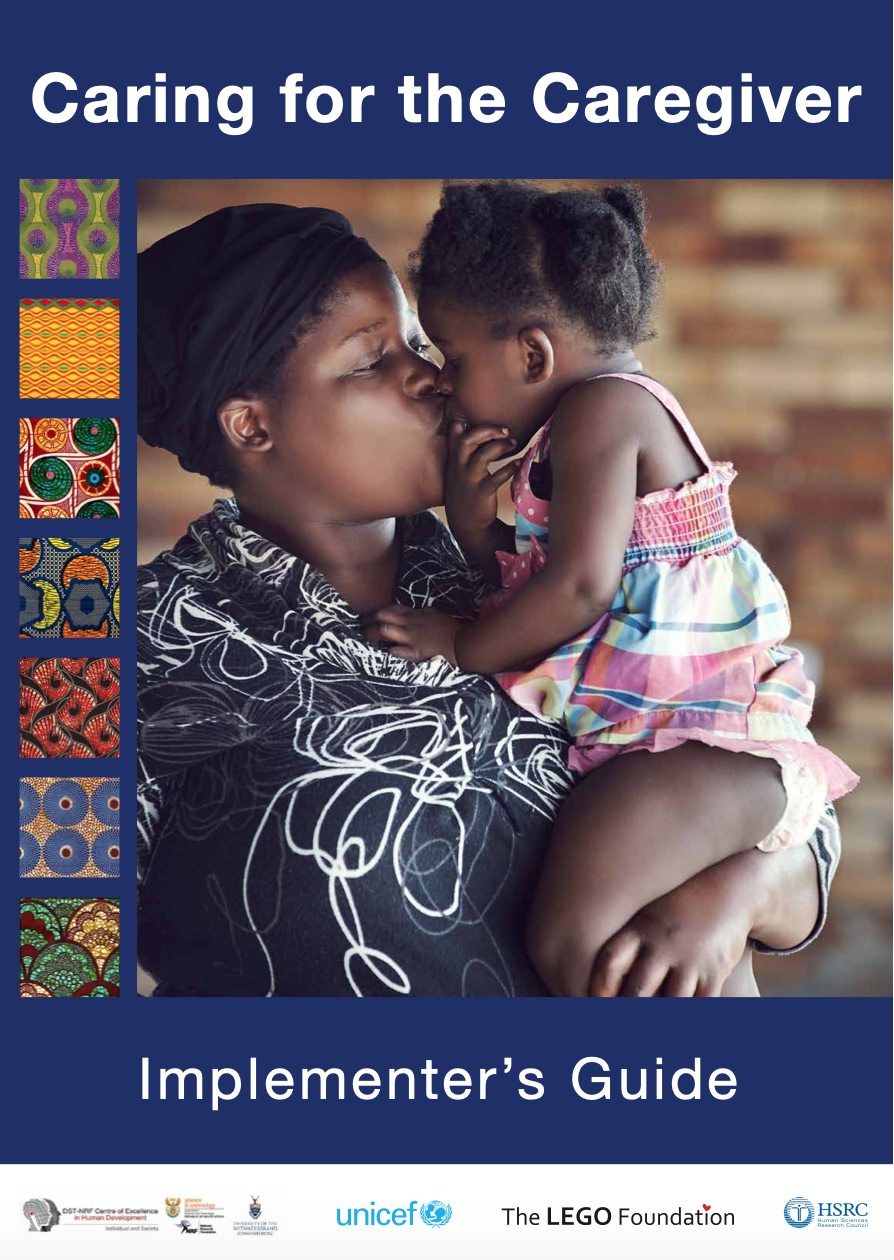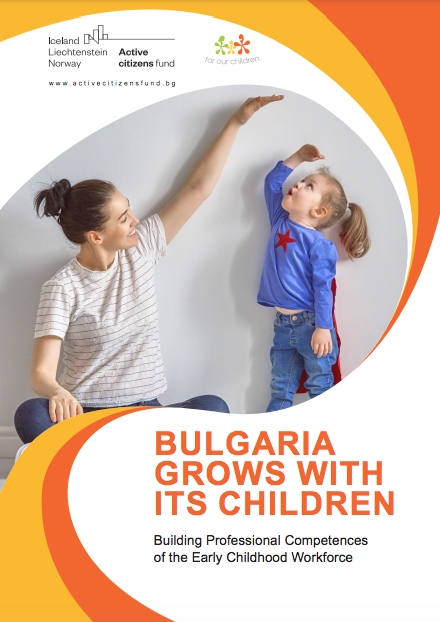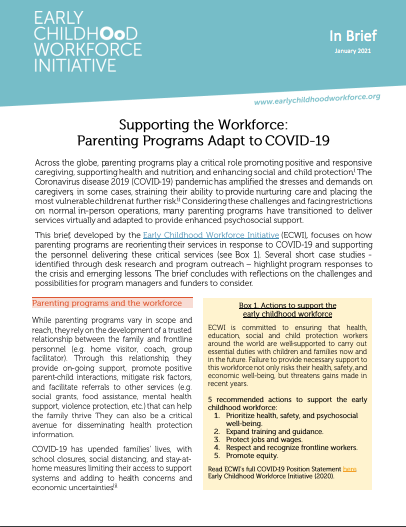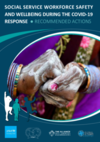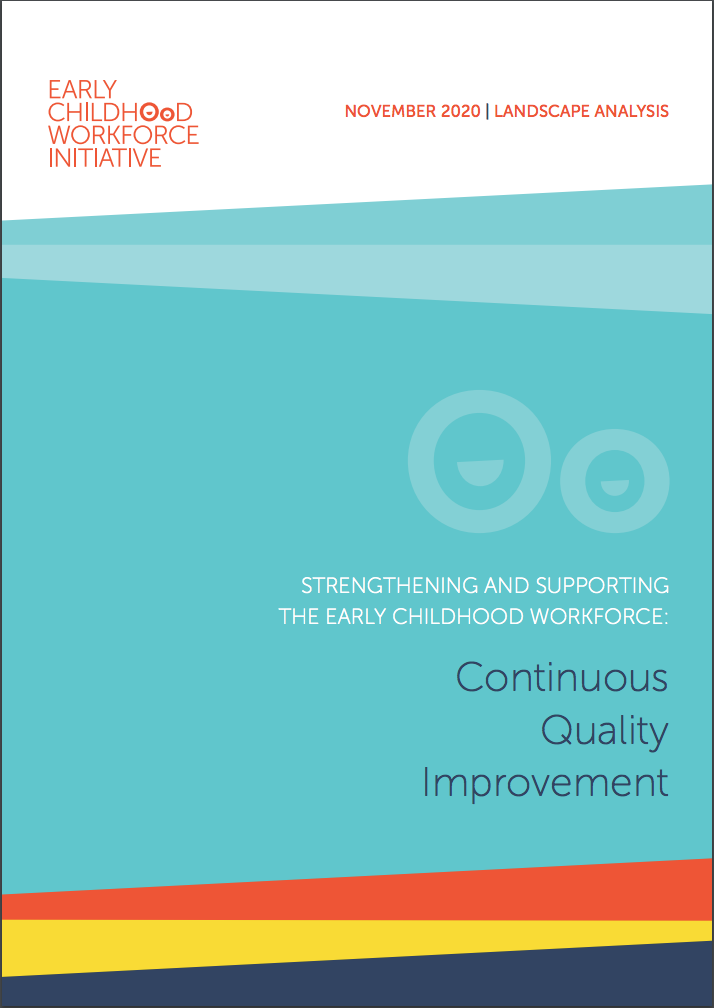Prioritising the Professionalisation of Early Childhood Education and Care Staff
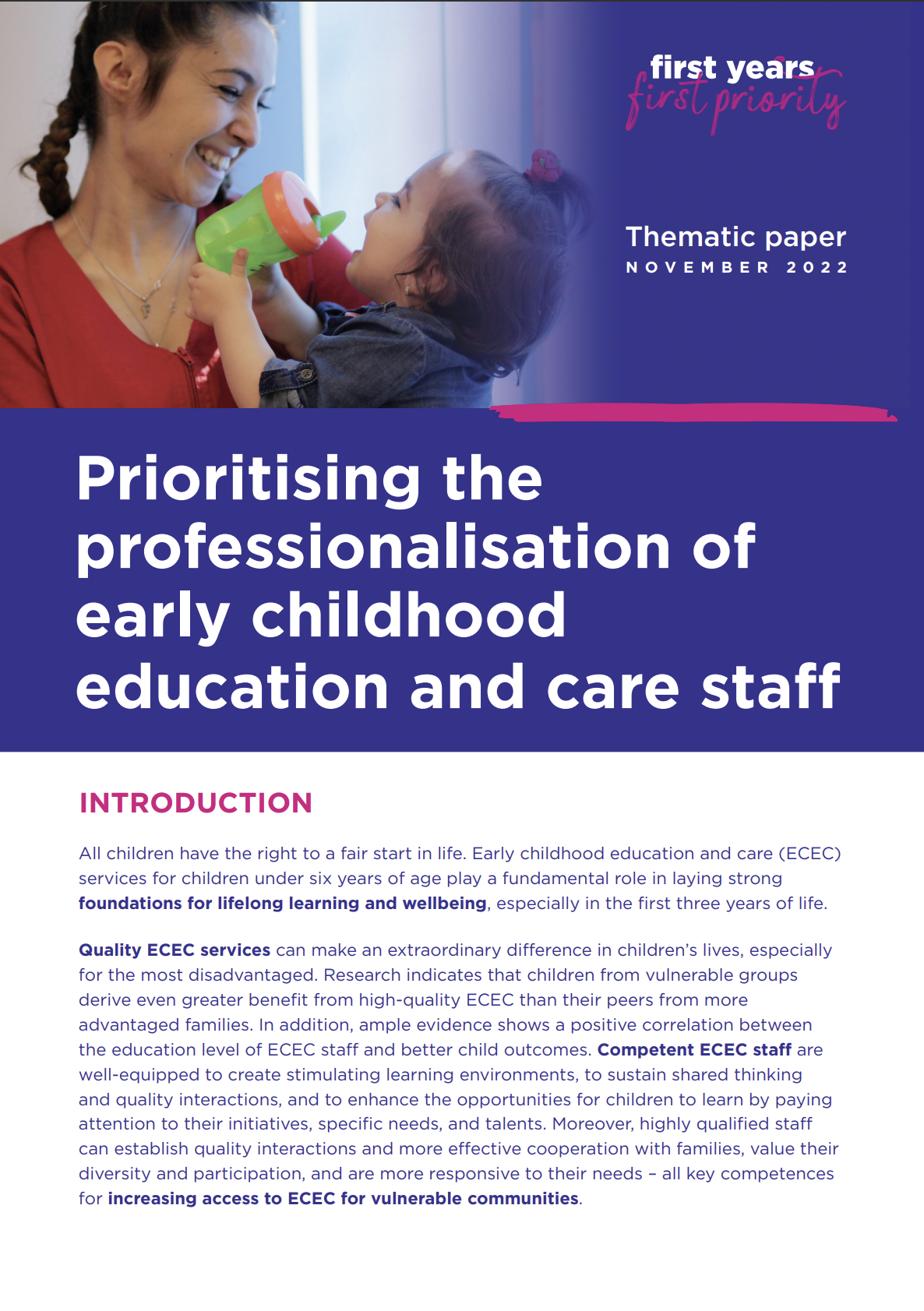
Early childhood education and care (ECEC) services for children under six years of age play a fundamental role in laying strong foundations for lifelong learning and wellbeing, especially in the first three years of life. Quality ECEC services can make an extraordinary difference in children’s lives, especially for the most disadvantaged. Research indicates that children from vulnerable groups derive even greater benefit from high-quality ECEC than their peers from more advantaged families.
Our Recommendations:
- Promote the societal value of ECEC services and ECEC profession
- Establish a minimum standard of qualification accompanied by opportunities for career development for ECEC staff working with children under three years of age
- Track data on ECEC staff qualifications and define targets for the levels of qualification of ECEC staff working in ECEC services, especially those working with children under three years of age
- Define aligned competence profiles across different categories of ECEC staff to ensure high-quality service provision
- Implement policies and mechanisms that bring more diversity in the ECEC workforce (gender, cultural background, etc.)
- Increase investments for improving the ECEC staff working conditions (child-adult ratio, child-free time, renumeration, working environment)
firstyearsfirstpriority.eu


